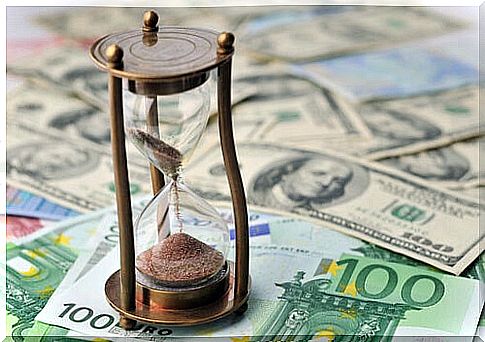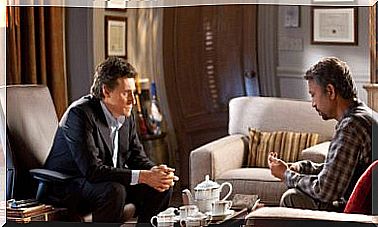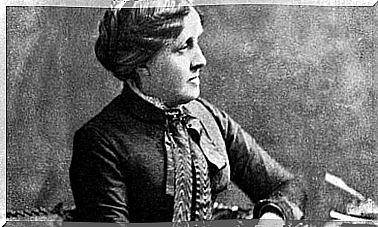Time Or Money? Happy People Answer

If we were given a choice between a salary increase or a reduction in working hours, what would we choose? Our state of happiness depends in part on the answer. A study published by the journal Social Psychological and Personality Science reveals that happy people often choose time over money.
According to a study carried out by the University of Pricenton, money well used and up to a maximum of 58,000 euros per year can influence our level of subjective happiness. But beyond this, can we be happy based on accumulating euros or will it be more necessary to have time to enjoy it with our loved ones and ourselves? Let’s go deeper.
The relationship between happiness and money has a limit
Daniel Kahneman, psychologist and Nobel laureate in economics in 2002, and Angus Deaton, Nobel laureate in economics in 2015, analyzed more than 450,000 responses and found that the assessment of life increases steadily in relation to income.
However, the opinion about the quality of daily emotional experiences stabilizes after a certain level of income. This means that there is a time when no matter how much we earn more, we will not be happier, that is, the money and happiness relationship stagnates after obtaining about 75,000 dollars per year (approximately 58,000 euros per year).

With these results we can affirm that money can buy happiness, but that it is not possible in all circumstances because there is a limit and when it is crossed, satisfaction levels do not increase, they could even decrease.
Does money bring happiness?
Research suggests that money doesn’t bring happiness, but rather short-lived euphoria. From psychology this is explained from the concept of habituation. Thus, at first, earning a lot of money is pleasant for us, but in the long run, this feeling diminishes because we have become accustomed and return to the levels of happiness that we had at the beginning.
How we see global happiness not only depends on what we do but also on how we interpret it and ultimately, on our particular conception of this concept.
On the other hand, success is associated with having more of everything: more things, more recognition, more salary … And it makes sense: we have already discussed how money well used can help us to be happy, but what about time? The stereotype of a successful person is usually joined by that of a busy worker who barely has time to enjoy his hobbies, his friends, and his family.
What good is it to us to have success, money or recognition if we cannot enjoy it? If the goal in this life is to be happy people, why don’t we spend more time doing what really makes us alive? The answer may have to do with the fact that we do not know or because perhaps we have not even considered it …
Do we know how to use our time to be happy people?
In a study published recently in the journal Social Psychological and Personality Science, nearly 4,500 people were asked if they value money or time more to achieve happiness. 64% declared that they preferred to have money, however, the research also found that those who placed more importance on having time turned out to be happier. 25% of the participants who chose money, when asked a year later, changed their mind and opted for time.
The results of this research showed that if we had two people in the same circumstances, the one who decided that time is more important than money would be happier than the one who opted for money. But it is not the only study of its kind.

Research by the University of British Columbia in Vancouver (Canada) found that valuing time over money is associated with higher levels of happiness, especially when long working hours are required to get that money.
As age increases, time becomes more important in people’s priority scale. It has its logic, since every second that passes becomes another good.
At present, the youngest seem to have taken note of veterans to become happy people, specifically the generation of millennials , born between 1980 and 1995. According to a 2013 study by the consultancy Price Waterhouse Coopers, this generation prefers have more free time and be able to reconcile your work and personal life rather than having a large salary.
As we can see, if we start from these investigations, money helps us to be happy people up to a certain point, that is, it has its limits. But knowing how to take advantage of time is always important, especially for our well-being. So beyond money, let’s not forget to take advantage of our time.









